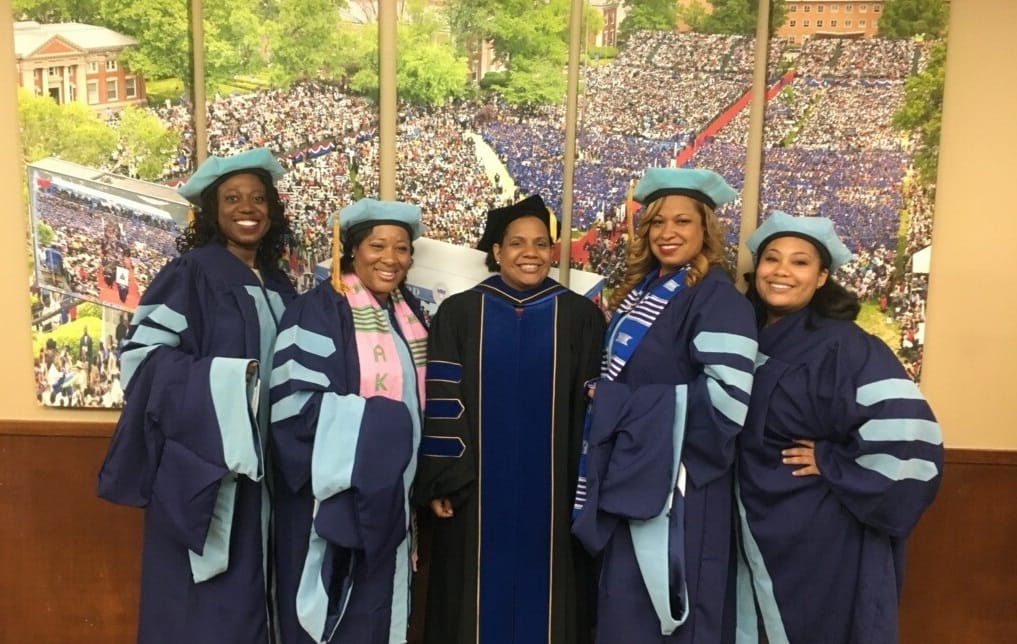It Takes a Village
“We rise by lifting others.” — Robert Ingersoll Earlier this month, I hooded four doctoral students at Howard University’s School of Education, adding to a long line of talented Black…

“We rise by lifting others.” — Robert Ingersoll
Earlier this month, I hooded four doctoral students at Howard University’s School of Education, adding to a long line of talented Black educators rooted in a tremendous history and legacy. As I reflect on the experience, I feel honor and pride that I was allowed to touch their lives, and more importantly, to contribute to a village that believes Black children are inherently smart and that there are too many conditions in schools that limit their capacity. I’m also reminded that this is the village that raised me, formed me, and continues to inspire me.
It was at Howard that I was inspired to use my research to understand and advocate for Black children in schools. That’s where I met Dr. A. Wade Boykin. Doc, as I called him, asked me one day: “Why don’t you ever take notes in my class?” His question shocked me. I had made it through an elite college without taking notes; no one ever told me I needed to. He said, “That’s because no one ever cared to see you do your best.” It was the first time that I felt intellectually provoked. He wanted to make sure that I didn’t just get by, but that I excelled beyond even my expectations. From then on, he pushed me; he wanted to make sure that I not only understood the content but that I could feel confident and capable as a researcher. He was training me to create research projects that would unapologetically aid in eradicating deficit views of Black children. This meant building impeccable theory, research methods, data analysis, and critical-thinking skills. Over time, his training made me realize how important this prodding is for all students, particularly in the field of education.
Working as a professor at Howard (and at many historically Black colleges and universities) comes with a distinct responsibility to ensure our students receive not just the subject matter content, but the knowledge of self, of culture, and of the communal spirit that is at the core of the university. Many of my graduate students are already leaders in schools and school districts. But at Howard, they gain learning from a place that requires them to give back and be leaders to help others in their community thrive. It’s what Black teachers report as core to their roles in schools — being role models, especially for Black students; connecting with Black students; building their confidence; and having high expectations.
As school and district leaders look to increase the number of Black teachers in the workforce — those who have the highest expectations for Black students, those who will challenge students like Doc challenged me — HBCUs are crucial to growing this pipeline. They graduate half of all Black teachers with bachelor’s degrees, and 16 percent of all Black teacher candidates attend HBCUs. They are critical to not only diversifying the teaching workforce, but also continuing the legacy and contributing to our village.
As John B. King Jr. told Howard School of Education graduates at this month’s ceremony, we each stand on the shoulders of the giants who came before us. Our legacies don’t thrive in silos. Legacies and movements live through the commitment we each have to build others, to teach others, and to develop in others the skills to advocate for education and civil rights.